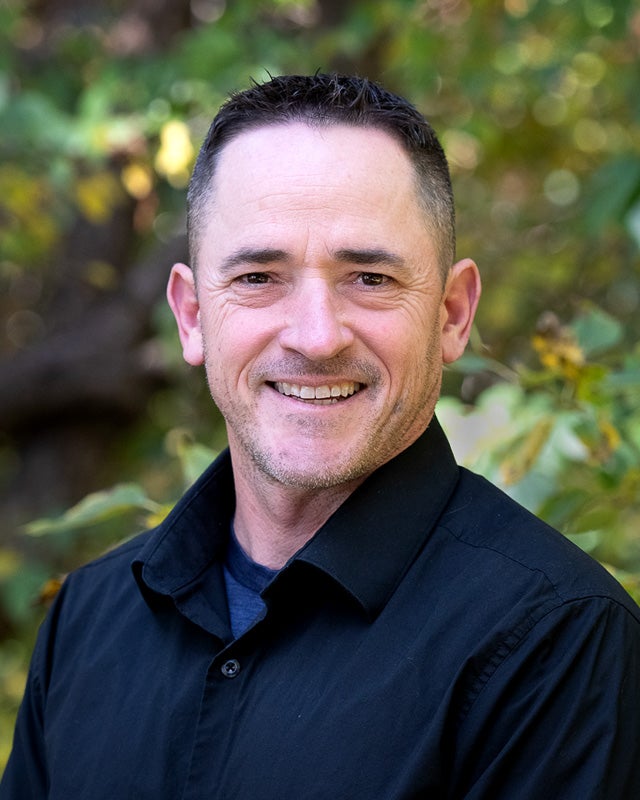Currently, 6.7 million Americans age 65 and older live with Alzheimer’s disease and related dementia. That’s about the same number of people as the populations of Oregon, Idaho and Wyoming combined, and that number is growing. The Alzheimer’s Association estimates that by 2060, the total will be 13.8 million.
But there is no standardized curriculum or model for teaching future healthcare providers in Idaho about the complexities of caring for individuals with dementia. Two College of Health Sciences professors are hoping to change that.

School of Nursing Professor Jayne Josephsen and School of Public and Population Health Clinical Associate Professor Kirk Ketelsen piloted a study to develop a competency model for dementia care education. They partnered with Melody Weaver from Idaho State University’s School of Nursing and Hanna Scheuffele from Boise State’s Center for the Study of Aging.

Since dementia care isn’t limited to specialty clinics or memory care units, their model outlines the core elements students need to learn in order to be competent providers no matter where they work.
They identified three core competencies – each with their own set of sub-competencies – designated as global dementia knowledge, communication and safety.
The model emphasizes having a broad understanding of dementia: what it is, how to recognize it, as well as how to plan and coordinate care for those with dementia. The model supports training students to be adaptable with various communication skills in various settings. Finally, the model establishes that students need situational awareness and a wide scope of knowledge to be able to recognize potential negative outcomes in the care of those with Alzheimer’s disease and related dementia.
This research was funded through state appropriations for the Idaho Alzheimer’s Disease and Related Dementias Program. This program’s mission is to expand awareness, educational opportunities, support and services for those with Alzheimer’s disease and dementia.